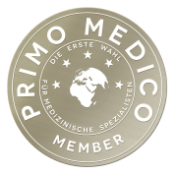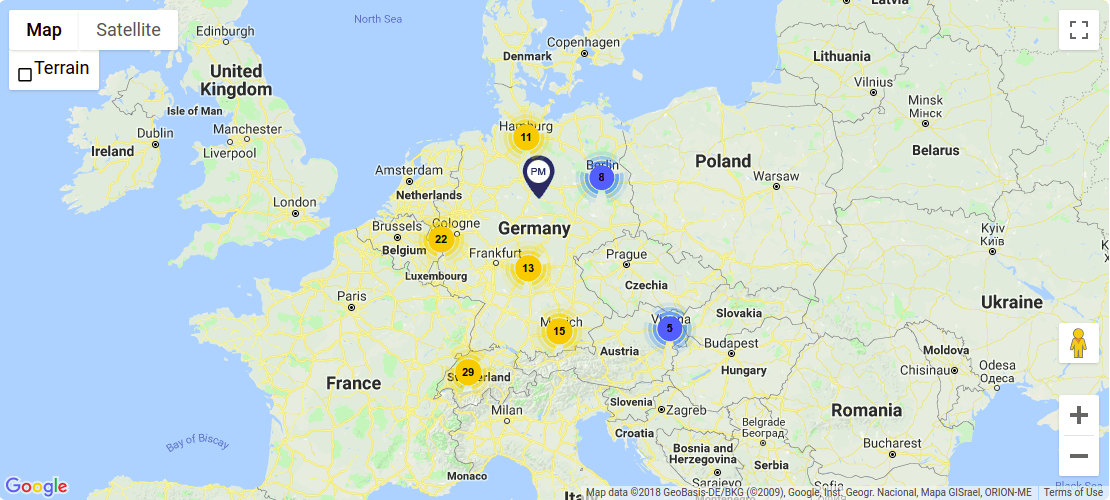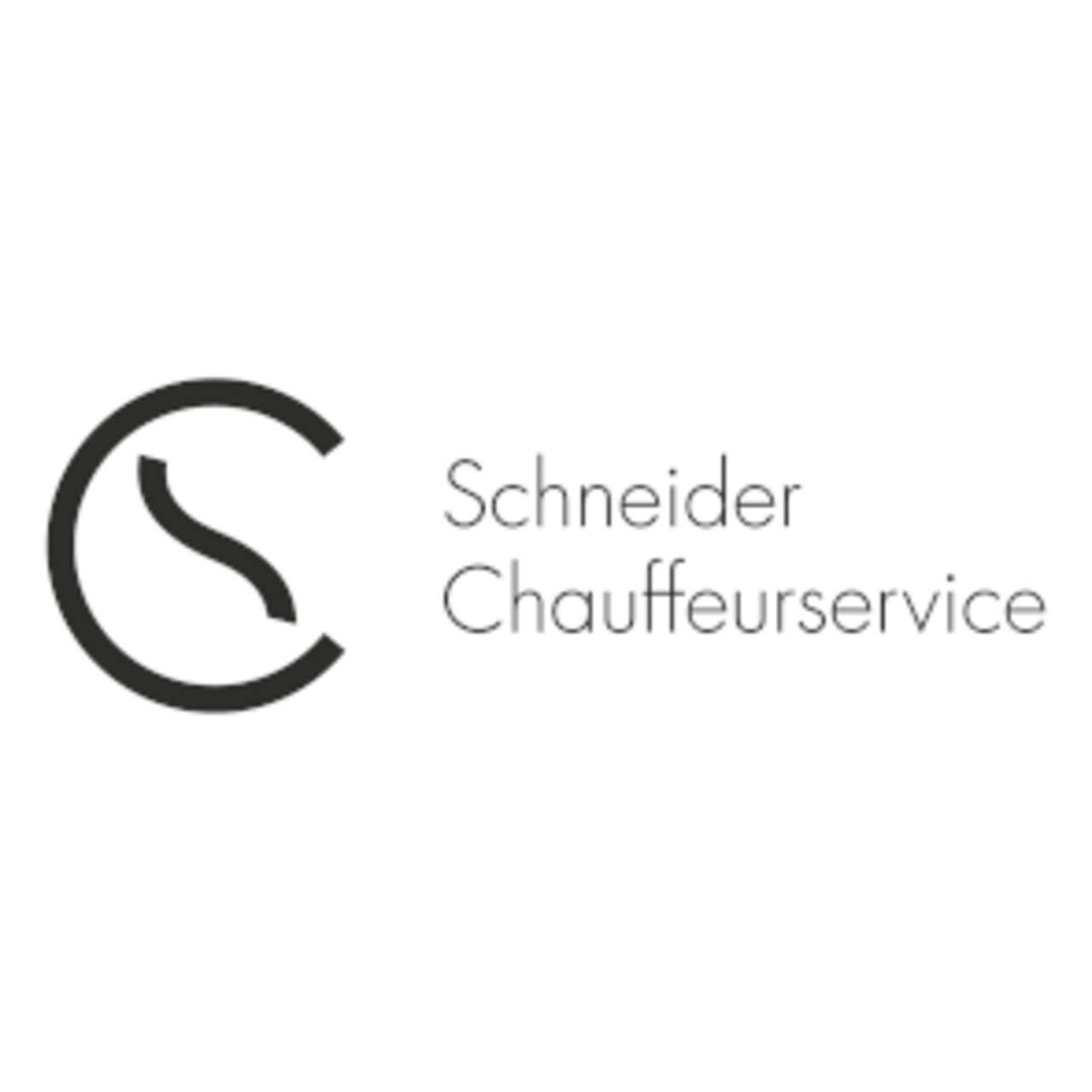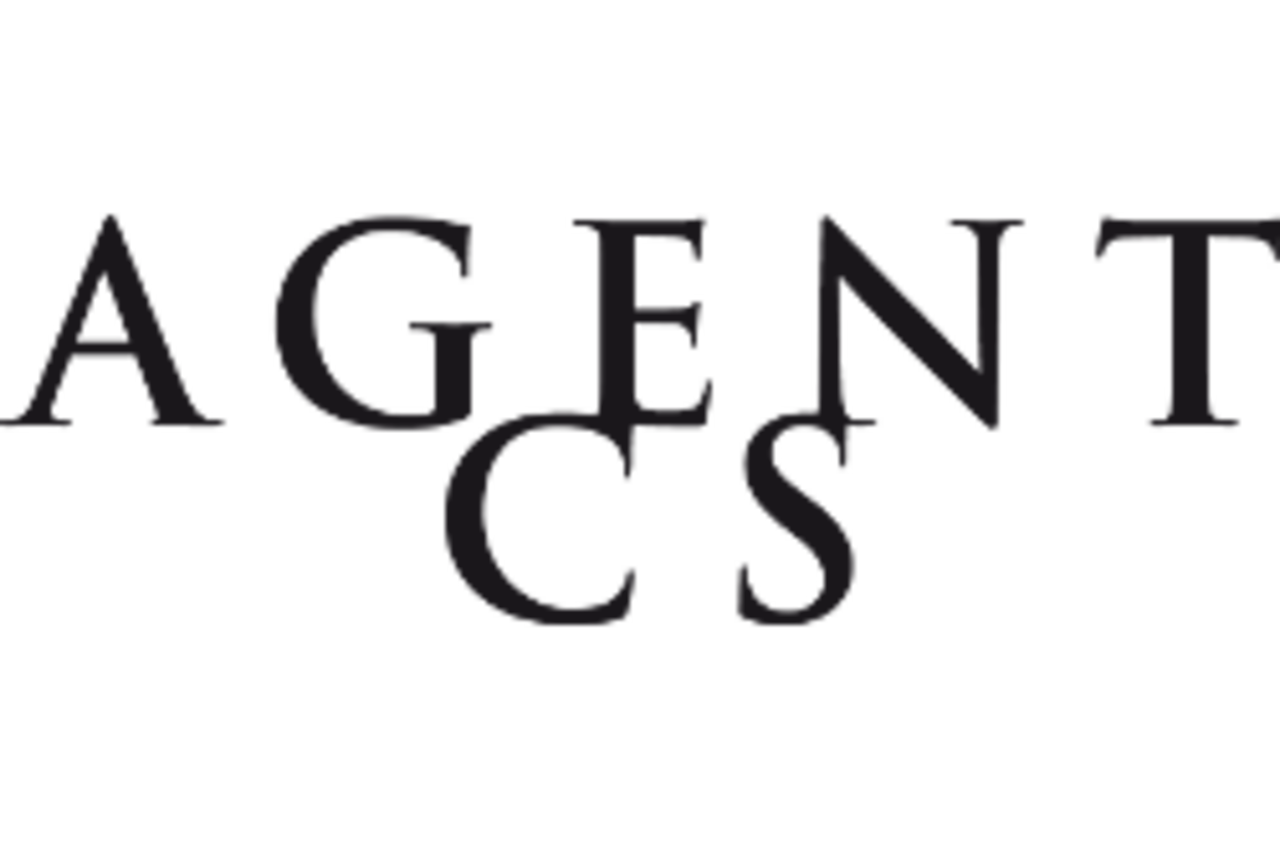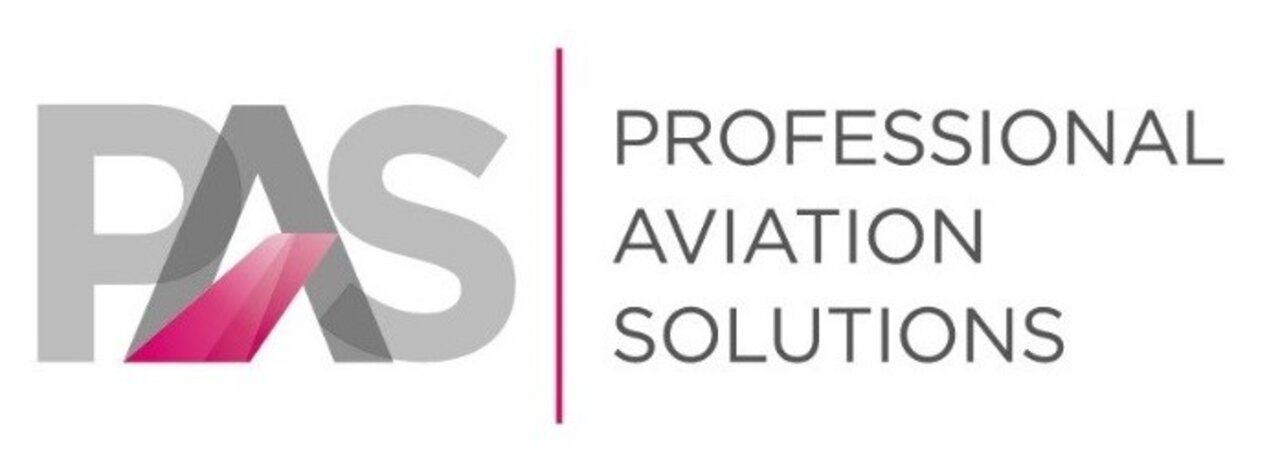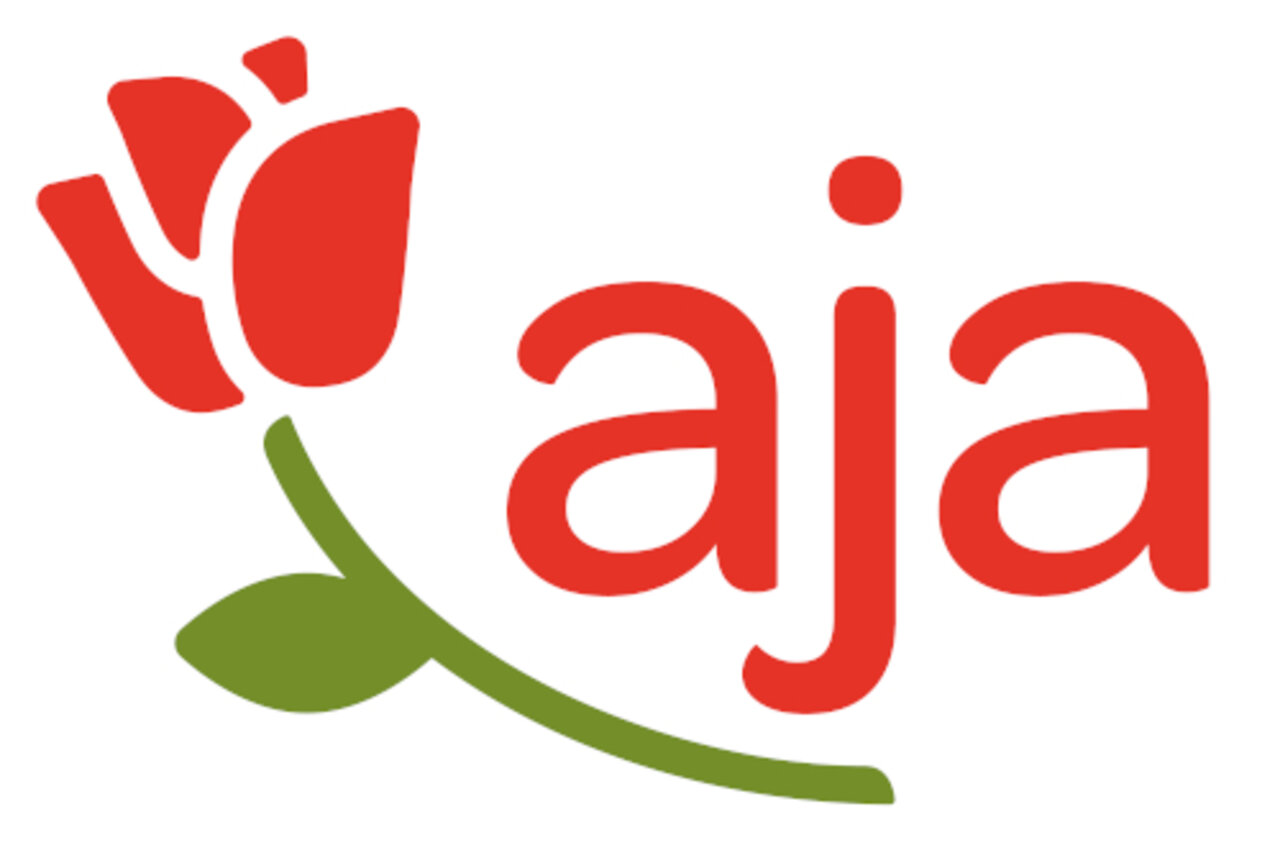Orthopedic Surgeon in Zurich, Switzerland Prof. Steinwachs
Treatment focus
- Arthroscopy
- Meniscus damage (meniscal lesions, meniscus replacement, meniscus transplantation)
- Cartilage therapy
- Cruciate ligament injuries, collateral ligament injuries
- Kneecap dislocation, patellar tendinitis, patellar tendon tear
Contact
SportClinic Zürich
Hirslanden Clinic
Witellikerstrasse 40, CH-8032 Zürich
P: +41 44 512 07 68 F: +41 44 387 29 88

Medical Range
Range of Diagnostic Services
- X-rays and ultrasound
Range of Therapeutic Services
- Cartilage therapy: autologous chrondocyte transplantation (ACT), osteochondral transplantation, microfracturing
- Meniscus regeneration: meniscal suturing, partial resections, meniscus stimulation, meniscus transplantation
- Cruciate ligament injuries: ligamentoplasties of the anterior cruciate ligament, joint fixation using self-dissolving interference screws, surgical treatment of loosened and partially torn cruciate ligaments
- Kneecap: kneecap dislocation, patellar tendinitis, patellar tendon tear
More Information
Card
Orthopedic surgeonProf. h.c. PD Dr Matthias Steinwachs is an internationally recognised knee specialist at the Hirslanden Clinic's SportClinic Zürich.
With his many years of experience in minimally invasive surgery and arthroscopy, Prof. Steinwachs treats injuries and damage due to wear and tear of the locomotor system, especially the knee joint. In doing so, Prof. Steinwachs focusses primarily on regenerative procedures to prevent, or at least delay, the development of knee arthrosis and implantation of a knee prosthesis.
Leading International Specialist for Regenerative Procedures in Case of Cartilage Damage
Thanks to his years of research and clinical experience, Prof. Steinwachs is an internationally recognized expert in the field of cartilage regeneration. Regenerative procedures can repair cartilage damage and thus prevent or delay the development of knee arthrosis. Prof Steinwachs uses all modern methods of cartilage regeneration. It is important here that the cartilage or meniscus damage is treated as early as possible. Once the cartilage has been extensively destroyed, it can no longer be regenerated.
Expert in Meniscus Regeneration
The menisci in the knee joint plays an important role in protecting the articular cartilage. That is why Prof. Steinwachs attaches great importance to preserving a damaged meniscus. Meniscus damage can be repaired in an arthroscopic knee surgery through partial resection or meniscal suturing. A severely damaged meniscus can also be replaced by a transplant. Which method orthopedic Prof. Steinwachs applies is decided upon the patient’s individual needs and the severity of the damage.
Knee Specialist for Cruciate Ligament and Collateral Ligament Injuries in Zürich
Cruciate and collateral ligaments stabilise the knee joint. If the cruciate ligaments are injured, instability must be avoided in order to prevent premature wear and tear of the articular cartilage. A cruciate ligament tear does not always have to be treated surgically. Targeted build-up of muscle can also stabilise the knee joint. Prof. Steinwachs decides individually which patient is suitable for cruciate ligament surgery depending on the person’s special situation. If a cruciate ligament operation is to be performed, in most cases, this involves cruciate ligament replacement surgery using autologous tendons and ligaments, or a donor graft. Rehabilitation after cruciate ligament surgery is a lengthy process and requires intensive patient cooperation.
SportClinic Zürich: Clinic With Passion for Sports Medicine
It is not only patients with chronic or everyday illnesses that are treated with great care at the SportClinic Zürich; comprehensive care for competitive and recreational athletes is offered as well. This enables the orthopedic team to pay great attention to knee traumas such as cruciate ligament injuries incurred during sport activities.
Possible non-operational measures such as muscle build-up training are combined with latest surgical treatments. For these procedures, each patient's individual circumstances such as age, activity level, concomitant diseases, and instability patterns are taken into account and an optimal therapy is planned accordingly.
For more information you may access Prof. Steinwachs' website.
Curriculum Vitae
| 1983–1990 | Medical studies at the Universities of Heidelberg and Göttingen (Germany) |
| 1987–1989 | Research & doctorate at the Department of Pharmacology and Toxicology, University of Göttingen |
| 1990 | 3rd state examination in human medicine and licence to practise as a physician, University of Göttingen
|
| 06/1990–12/1990 | Junior Doctor & research at the Department of Pharmacology and Toxicology, University of Göttingen |
| 01/1991–03/1992 | Junior doctor training activity & assistant physician activity at the Department of Traumatology of the Surgical Clinic of St. Bernward Hospital Hildesheim, Teaching Hospital of the University of Göttingen |
| 04/1992–11/1992 | Research at the Department of Pharmacology and Toxicology, University of Göttingen |
| 1992 | Dissertation MD/PhD, University of Göttingen |
| 12/1992–1997 | Specialist training in orthopaedics at the Clinic for Orthopaedics, University Hospital Freiburg (Germany) |
| 1993–2004 | Experimental research in the field of cell cultivation and tissue engineering, University Hospital Freiburg |
| 1995 | Training with Prof. L. Peterson, GMC Gothenburg, Sweden |
| 1997 | Certification as an orthopaedic specialist, South Baden Medical Association, Freiburg |
| 1997–2001 | Project Manager of the research project "Cartilage Engineering", Baden-Württemberg Ministry of Science |
| 1997–2003 | Senior Physician at the Department of Orthopaedics, University Hospital Freiburg, with further training in the field of arthroscopic knee surgery & cartilage regeneration |
| 1998–2007 | Member of the founding committee of the Valley Tissue Engineering Center, University Hospital Freiburg |
| 1998–present | Head of the "Cartilage Research Group" at the Valley Tissue Engineering Center, University Hospital Freiburg |
| 003–2007 | Appointment as Medical Head of the Section for Cartilage Transplantation at the University Hospital Freiburg |
| 2004 | Habilitation in orthopaedics (Prof. Reichelt), University of Freiburg |
| 2005 | Appointment as Private Lecturer with conferral of "venia legendi" for orthopaedics at the Medical Faculty of the University of Freiburg |
| 2006 | Certification in sports medicine, South Baden Medical Association, Freiburg |
| 2006 | Appointment as Honorary Professor, Institute of Sports Medicine, Beijing University |
| 2008 | Certification as a specialist in orthopaedics & trauma surgery, South Baden Medical Association, Freiburg |
| 04/2007–2014 | Chief Physician for orthobiology & cartilage regeneration, Schulthess Clinic, Zürich |
| 01.01.2020–present | Medical Director of the SportClinic Zurich |
Team
- Dr Ute Guhlke-Steinwachs
Physical and Rehabilitative Medicine
SportClinic Zürich Sihlcity
Giesshübelstrasse 15
8045 Zürich - PD Dr Marcus Mumme
Senior Physician in Orthobiology
Transport Connections
| Zürich Central Station | 5 km |
| Zürich Airport | 15 km |
Information about Zurich
The capital of the canton of the same name is also the largest city in Switzerland. Geographically it is located north in eastern Switzerland. Zurich is situated on the Limmat River, directly at the outflow of Lake Zurich, and is thus also called the "Limmat City." Economically, socially and scientifically, Zurich is considered the center of Switzerland. Therefore, large banks, many media companies, and international companies are located there, and at the same time, the cultural offer is rich. The well-known Swiss Federal Institute of Technology Zurich (ETHZ) gives Zurich an international name in educational institutions.


